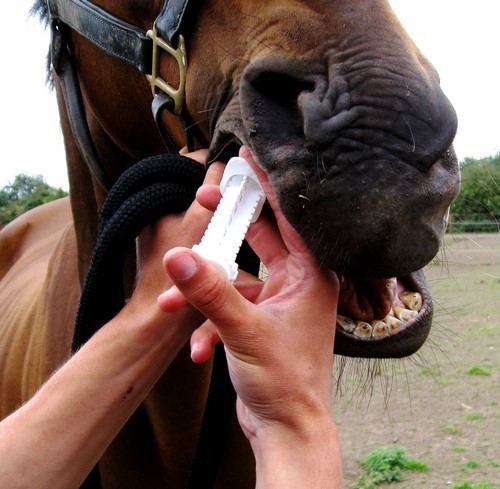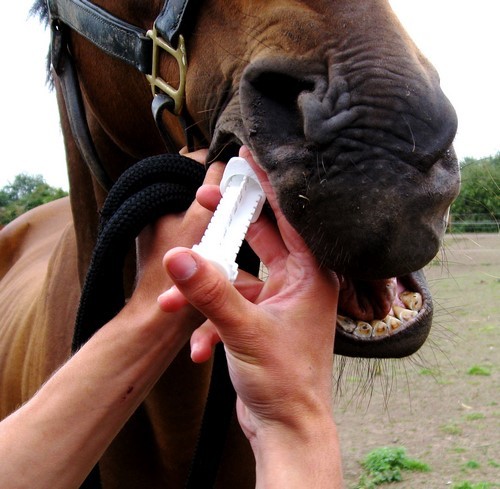Zoetis Inc. today reminds horse owners to make sure they take control of tapeworm this Autumn, to help keep their horses healthy and performing at their best.
Tapeworm infection has been reported in up to 69% of horses in the UK.1 All horses are at risk but youngsters are the most vulnerable. Tapeworm infection can result in life-threatening colic such as blockages in the small intestine (impaction colic), spasmodic colic or a serious condition called intussusception where one part of the gut gets trapped within another part, causing the blood supply to be cut off.2
Tapeworms are the biggest worms to affect horses in this country. Whilst the most common type can grow up to 20cm long, there is a much rarer type that can grow to 80cm in length. Horses acquire tapeworm infections by eating forage mites infected with the parasite. The risk is highest in the grazing season because forage mites are most commonly found on the pasture. The mite ingests tapeworm eggs from dung and the horse inadvertently ingests mites when eating forage. The larvae then develop into adult tapeworms in the horse’s digestive system. Segments of tapeworm that contain eggs are passed in the droppings onto the pasture where they can re-infect forage mites and the cycle starts again.2,3
The tapeworms continue to grow in the horse’s intestine, causing irritation and damage, which in some cases may be very serious. An infected horse has been shown to be 26 times more likely to develop colic associated with an obstruction of part of the small intestine (ileal impaction colic) than a non-infected horse, and eight times more likely to experience a type of cramping of the intestine resulting in spasmodic colic.3
A faecal worm egg count is not a reliable test for tapeworm because the segments containing eggs are only passed periodically. An antibody test using blood or saliva can help to guide treatment in groups or individual horses. Products containing praziquantel or a double dose of pyrantel provide effective treatment. It is recommended that horses should be tested or treated for tapeworm every six months.3
Zoetis Vet, Dr Wendy Talbot explains why it’s important to understand how antibody tests work: “A horse with a high level of tapeworm infection will produce a large number of antibodies, which can be detected in blood or saliva. Depending on the results of a saliva or blood test you will be advised whether a worming medication is required. Because tapeworm antibodies can persist for a number of months after successful treatment, the results must be interpreted with care and the test cannot be used immediately after a worming medication to check that it has worked.”
Visit www.horsedialog.co.uk to find out more about worm control.
References












